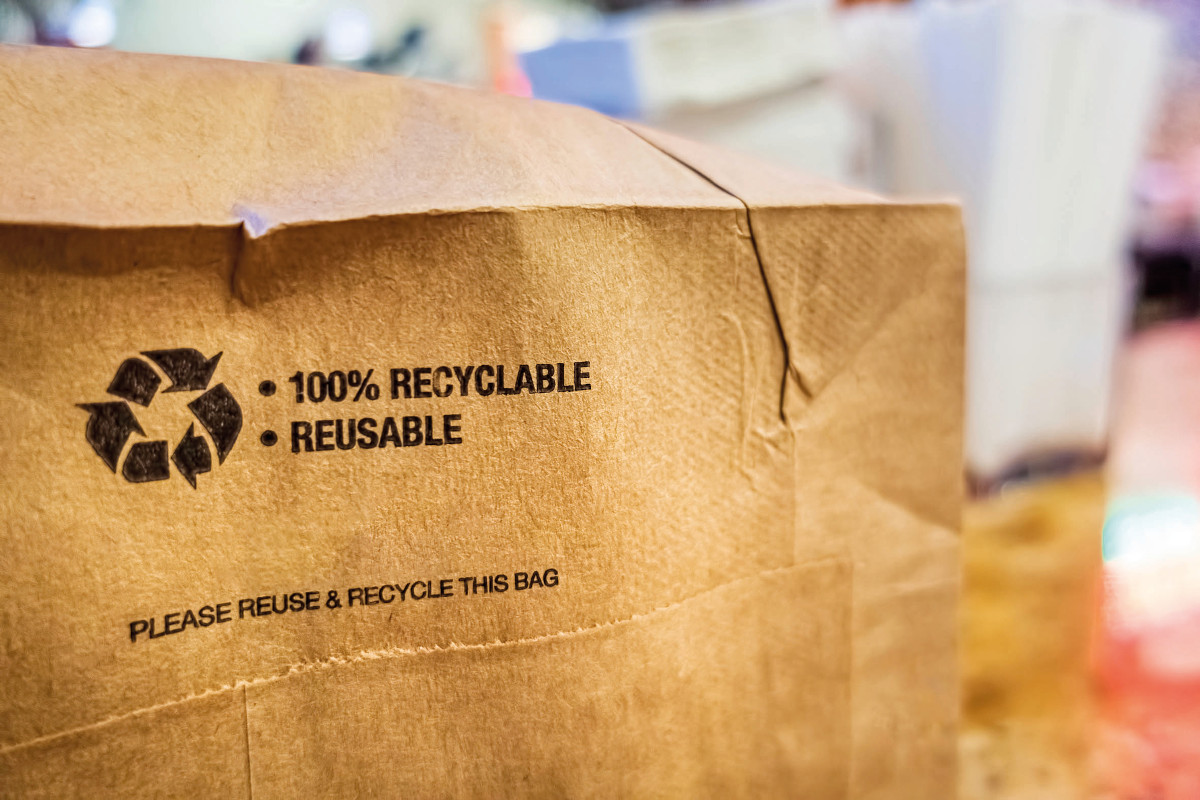
The proposals in the Extended Producer Responsibility (EPR) consultation on business waste are anti-competitive and will force successful recycling businesses into administration, The Recycling Association has warned.
While supporting the overall principles of EPR, and the idea that producers of waste should fund the collection and recycling of materials as proposed under the consultation, The Recycling Association said it is hugely concerned about what the business waste proposals will mean for many of its members.
The Recycling Association chief executive Simon Ellin said: “There is much that we support in this consultation including producers paying for local authority collections, improving the quality of material collected and investment in recycling infrastructure.
“But the proposals on business waste are anti-competitive and risk decimating currently successful and sustainable businesses that collect and recycle business waste.
“There is a very strong argument that waste management costs are currently dealt with by businesses as part of their day-to-day operations and it would make sense for this to continue in most circumstances.
“Rather than tearing up the existing system, we should make it more effective by legislating and regulating for businesses to separate materials in order to promote high quality recycling.
“We need a nip and tuck, not a revolution. If you take cardboard, circa 80% of the cardboard is already recovered and the fibre we get from businesses tends to be very high quality. We don’t need to start all over again, but build on what we already have to collect more. Business collections are already a mature and successful market that encourages innovation. It is not a broken system like household that requires reform.
“Why should we transfer £1.5 billion in costs (Defra figures) to producers for marginal gain that has the effect of wiping out recycling businesses but benefits local authorities? The Government should be supporting the free market in the collection and recycling of business waste, not state control of the market funded by producers.”
Under the three options proposed by Defra in the consultation for business waste, there would be intervention by the proposed Scheme Administrator in the market. In the most extreme parts of these proposals, commercial recycling and waste businesses would lose control of the material. Instead, compliance schemes or the Scheme Administrator would handle the material, despite having no expertise in doing this.
Additionally, Defra has also proposed creating commercial zones for waste collection later this decade, and again this is opposed by The Recycling Association.
Simon Ellin added: “We continue to believe that a free market approach is the best solution for efficient and sustainable collections. This allows for innovation, helping to keep costs low for producers and keeping successful recycling firms in business.
“There is no good reason why recycling and waste companies of all sizes should be forced to bid for collection contracts where they have no ownership of the material. Profits are often based on the ownership of this material and sale of the processed goods. Many businesses, especially those that specialise in commercial collections will not survive these changes.
“It would also be wrong for the Government to introduce commercial and industrial collection zones. This would give local authorities the opportunity to award lucrative contracts to their in-house collection teams, while preventing businesses that serve those areas now from operating. Councils do not have the expertise in commercial and industrial waste, and their involvement is only likely to lead to increased cost and inefficiency.
“Many of these proposed measures are contrary to competition law. There is an obligation on Government not to design procurement with the intention of artificially narrowing competition by unduly favouring or disadvantaging certain economy operators. We have reminded Government of this in our submission response to the consultation.
“However, we are supportive of many of the non-business collection measures included within the consultation. We have worked constructively with trade associations from retail, manufacturing and others in our sector to come up with alternative proposals.
“As part of that, we have co-signed an Environmental Services Association coordinated letter that suggests micro-businesses that collect household-like material should be under the local authority collection regime. We also agree that more time is needed to construct a less complex business waste collection and recycling system that retains the competitive environment we have now.
“EPR is a fantastic opportunity to bring about change, improve the quality and quantity of recycling and funding of new recycling infrastructure. But this should not be at the expense of successful recycling and waste businesses that employ people, generate profits and pay taxes to the Government.”
The Recycling Association is encouraging its members, other recycling businesses and stakeholders to respond to the consultation to put their views forward.
Responses must be made by this Friday at https://consult.defra.gov.uk/extended-producer-responsibility/extended-producer-responsibility-for-packaging/.







